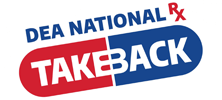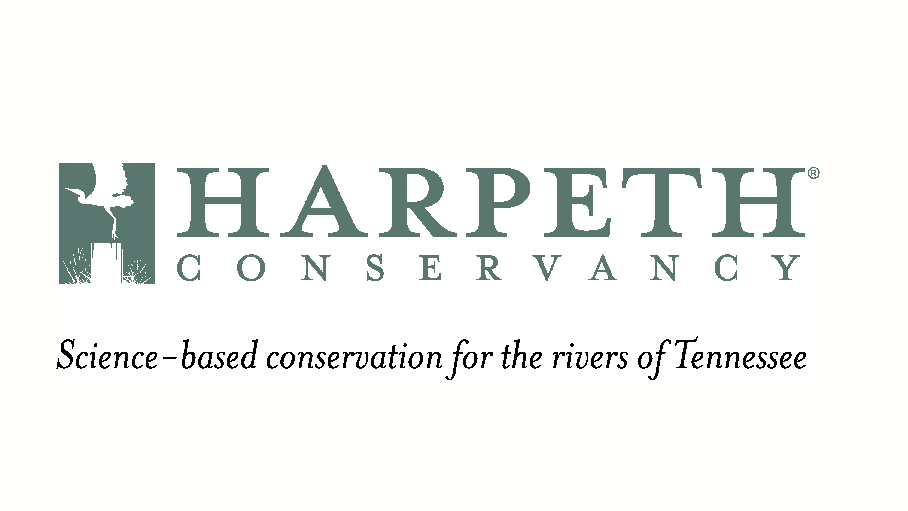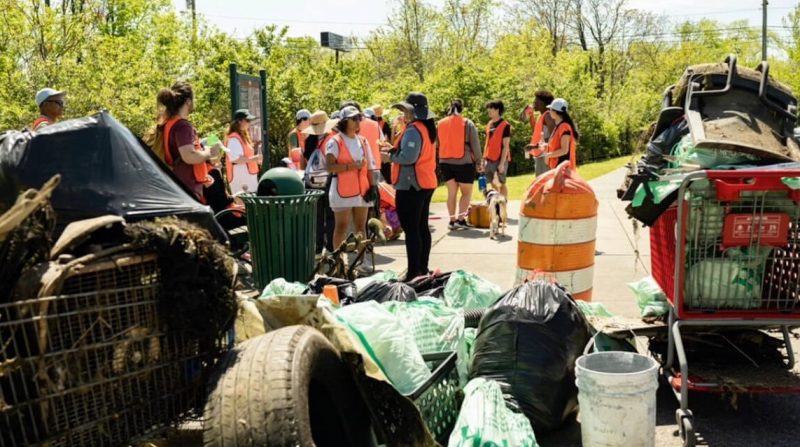Tennessee Prescription Drug Take-Back Programs
 Do not flush old medications down the sink or toilet and do not throw them in the trash!
Do not flush old medications down the sink or toilet and do not throw them in the trash!
A recent study by the United States Geological Survey found that a broad range of chemicals are present in treated sewer wastewater. The chemicals include prescription drugs, antibiotics, and hormones. Water treatment plants do not have the technology to completely remove these chemicals before treated wastewater is returned to our rivers, lakes, bays and oceans. Only very small traces have been detected in the environment and in our drinking water, and according to the EPA, there are no known human health risks yet to such low exposures.
Studies have not yet found these pharmaceutical contaminants to be harmful to human health. However, we are not the only animals who rely on clean water for survival. Scientific studies show that there is an increase in reproduction problems among aquatic animals. Fish are consistently found with both male and female reproductive organs, and reproduction in mussels is becoming impaired. Scientists believe this could be attributed to the presence of pharmaceuticals in waterways. Even though we don’t know yet if humans are affected, it is clear that a problem is emerging in the aquatic population. We shouldn’t wait around until a problem emerges among humans as well. It’s safer and smarter to stop this problem now before it’s too late.
How do I safely dispose of old or unused medications?
The Tennessee Department of Environment and Conservation provides many counties throughout Tennessee with permanent take-back bins. Click this Map to find the location nearest you! Simply bring old medications to one of the available bins and anonymously dispose of them. The following is a list of items that are and aren’t accepted:
Nashville has eight locations where metro residents can bring in and dispose of unused and/or expired OTC and prescribed medications:
Monday – Friday 8:00 AM to 4:30 PM
- North Precinct – 2231 26th Avenue North, Nashville, TN 37208; (615) 862-4410
- South Precinct – 5101 Harding Place, Nashville, TN 37211; (615) 862-7744
- East Precinct – 936 E. Trinity Lane, Nashville, TN 37207; (615) 862-7600
- West Precinct – 5500 Charlotte Pike, Nashville, TN 37209; (615) 862-7747
- Hermitage Precinct – 3701 James Kay Lane, Hermitage, TN 37076; (615) 880-1776
- Madison Precinct – 430 Myatt Drive, Madison, TN 37115; (615) 880-3111
Sunday – Saturday 8:00 AM to 8:00 PM
- Central Precinct – 501 Broadway, Suite 300, Nashville, TN 37203; (615) 862-7611
Available 24 hours a day / 7 days a week
- Police Headquarters – 200 James Robertson Parkway, Nashville, TN 37201; (615) 862-7400
 The Drug Enforcement Agency (DEA) National Prescription Drug Take-Back Days
The Drug Enforcement Agency (DEA) National Prescription Drug Take-Back Days
Since October 2010, the DEA has held 6 national prescription drug take-back events to safely remove over 2.8 million pounds of prescription medications from circulation, keeping them out of our waterways and out of the hands of those who may misuse or abuse them. To learn how to get involved with these biannual events, please visit the DEA’s website.










